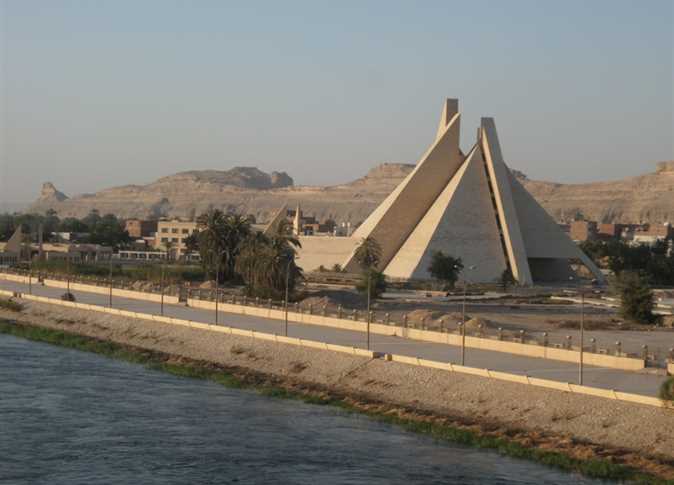It pains me to hear criticisms of Prime Minister Essam Sharaf and his cabinet, especially since I had enthusiastically nominated Sharaf to lead Egypt’s caretaker government. I was moved to see people lifting him up on their shoulders in Tahrir Square during his inauguration in March, an unprecedented scene in modern history. That day, I felt that Sharaf had come to power in a manner superior to conventional political methods: through widespread popular support.
At the time, I was convinced that Sharaf would be an ethical leader. I expected him to act on the basis of the popular legitimacy conferred to him in the square. I thought he would work hard to meet the demands of the revolution. After all, this was a man who chanted, along with millions in Tahrir, “The people want to bring down the regime.”
After two months in power, Sharaf must honestly assess whether he has lived up to his promise. Egypt’s popular revolution had clear demands: to bring down Hosni Mubarak’s corrupt regime — including all its laws and officials — and to hold old regime figures accountable for their crimes against the Egyptian people. Sharaf should ask himself whether he has met these demands, willingly or unwillingly, or whether his government’s efforts so far have amounted to little more than a limited reform process.
Unfortunately, there are several reasons for concern.
The caretaker government has no clear priorities for the interim period and lacks honest leadership that can help Sharaf achieve the demands of the revolution. This may be due to the fact that some of those holding key posts under Sharaf have pernicious intentions; some probably wish Mubarak would return to power so they could restore their political influence, even if this hurts the rest of Egypt. For many Egyptians, the standards used to select new heads of state institutions are obscure. People are left wondering whether the government really conducted a careful search for new leaders who are unaffiliated with the old regime and who would prioritize Egypt’s national interests above all else.
In forming his new cabinet, Sharaf chose to keep some members of Ahmad Shafiq’s discredited government, like Finance Minister Samir Radwan. An ex-member of the National Democratic Party’s influential Policies Secretariat, Radwan was known to be a close ally of Gamal Mubarak’s clique of businessmen. Surely, Sharaf knows how these old ministers were selected and what their role was under Mubarak.
Sharaf has kept old regime figures and security agents in high official positions overseeing various state institutions, including universities, state newspapers and the Supreme Council for Youth and Sports. His choice of people to head the most important media organization, the Radio and Television Union, did not mark a decisive break with the past.
The government’s choice of new governors in 13 Egyptian provinces has been disastrous. Most of the new governors held positions in Mubarak’s regime at the behest of the security apparatus or due to their ties with the Mubarak family and other corrupt politicians. The new leaders of Egypt’s three most important governorates—Cairo, Giza and Alexandria—are cases in point.
It is also unclear why governors continue to be selected according to the standards used by the old regime. Why are there not youth or women? Why do we cling to the old way of thinking, according to which only retired army generals, police officers, judges, or university presidents can be appointed governor? These decisions might be justified on the grounds that these appointments are temporary until laws are amended to make these positions elected. But this critical transitional period requires the selection of new figures who have not worked for the oppressive old regime and who are loyal to the Egyptian people rather than to those who appoint them.
In light of these concerns, I say to Mr. Sharaf: You know there are loyal and effective men and women capable of serving Egypt. I don’t know who is advising or pressuring you. I do know, however, that Egypt’s primary interest lies in the completion of its popular revolution. If you feel that those pushing you to betray the revolution are stronger than yourself, then we respectfully ask you to resign. Leave matters in the hands of the Egyptian people, the protectors of the country who successfully revolted against their oppressors and demanded their right to live.
Translated and abridged from the Arabic Edition.




